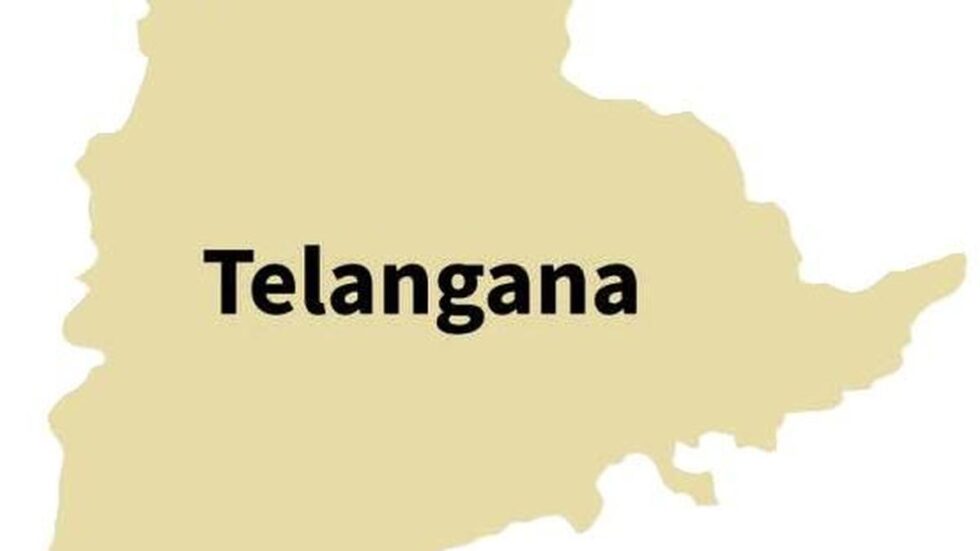
This year’s Sankranti was particularly sweet for the turmeric farmers in Telangana as their nearly two decade-long demand for a National Turmeric Board (NTB), headquartered in Nizamabad, became a reality when Union Minister of Commerce and Industry Piyush Goyal inaugurated it on the day of the festival. Turmeric is widely cultivated in Nizamabad and parts of north Telangana along the Godavari river.
Mr. Goyal said the Board would boost exports of about 30 varieties of turmeric grown in 20 States, including Maharashtra, Tamil Nadu, Andhra Pradesh, Madhya Pradesh, and Meghalaya. The Board has been entrusted with the task of promoting research and development of new products and exploring the scope for value addition to turmeric-related products for markets abroad. There are plans to leverage the medicinal value of turmeric extensively.
According to the Union government, in 2023-24, 3.05 lakh hectares were under turmeric cultivation in India, which produced 10.74 lakh tonnes of the crop. India accounts for 70% of global turmeric production with Telangana playing a key role in cultivation. In 2023-24, 1.62 lakh tonnes of turmeric and turmeric products valued at $226.5 million were exported.
The demand for a Board began in 2006. The Swadeshi Jagran Manch, an organisation for the welfare of the farmers, asked for remunerative prices for turmeric and highlighted the need for an exclusive Board for the crop. According to Kotapati Narasimham Naidu, founder-president of the Telangana Turmeric Farmers Association, the then Chief Minister, Y.S. Rajasekhara Reddy, responded positively to the demand and ensured that a Turmeric Research Station was established in 2007 at Kammarpally.
Turmeric farmers, who have seen highs and lows in crop production, continued to demand a Turmeric Board along the lines of the Spices Board, Tobacco Board, and Silk Board. They contended that it would bring in innovative farming technologies, add value to the crop, boost production, and improve remuneration for the crop.
The issue took a political turn in the 2019 general elections. The BJP candidate from the Nizamabad Lok Sabha constituency, Dharmapuri Arvind, a political debutant, signed a judicial bond paper saying he would quit as MP within days of winning if he was unable to get the Board established. This caught the attention of the electorate. The Bharat Rashtra Samithi (BRS) candidate, K. Kavitha, daughter of the former Chief Minister K. Chandrashekar Rao, faced a humiliating defeat from the constituency.
The BJP MP dragged on the issue, however. When the Centre announced a regional office of the National Spices Board, farmers were furious. A month before the Telangana Assembly elections in 2023, Prime Minister Narendra Modi announced that the Board would be set up. A gazette was issued on October 5, 2023, announcing this, but it did not mention where the Board would be headquartered. This again led to another round of war of words between political parties. During the 2024 general elections, the Congress, the BJP, and the BRS argued about the failed promise.
The sudden announcement of the National Turmeric Board with its headquarters in Nizamabad has given the BJP a shot in the arm. But the Congress too tried to stake its claim in the development with its leaders calling for comprehensive support to farmers including a robust marketing system, godowns, cold storage facilities, and an assured minimum support price (MSP).
While the establishment of the Board is a watershed moment for the farmers in Nizamabad district, a lot needs to done for its effective functioning. The first demand is a MSP for turmeric. Farmers have been worried that prices keep fluctuating. Last year, turmeric was sold in the Nizamabad agriculture market between ₹15,000 and ₹18,000 per quintal. Now, it is priced at ₹10,000 per quintal.
Putting in place robust infrastructure such as buildings for the Board, and training, research and development centres are the need of the hour. Farmers believe that the Research Centre at Kammarpally can be brought under the purview of the Board.
The purpose of the Board will be served only when there is decent budgetary allocation to meet all the needs. In the initial period, the Board needs to be closely monitored and given adequate funds so that the farmers’ dreams are fulfilled.







